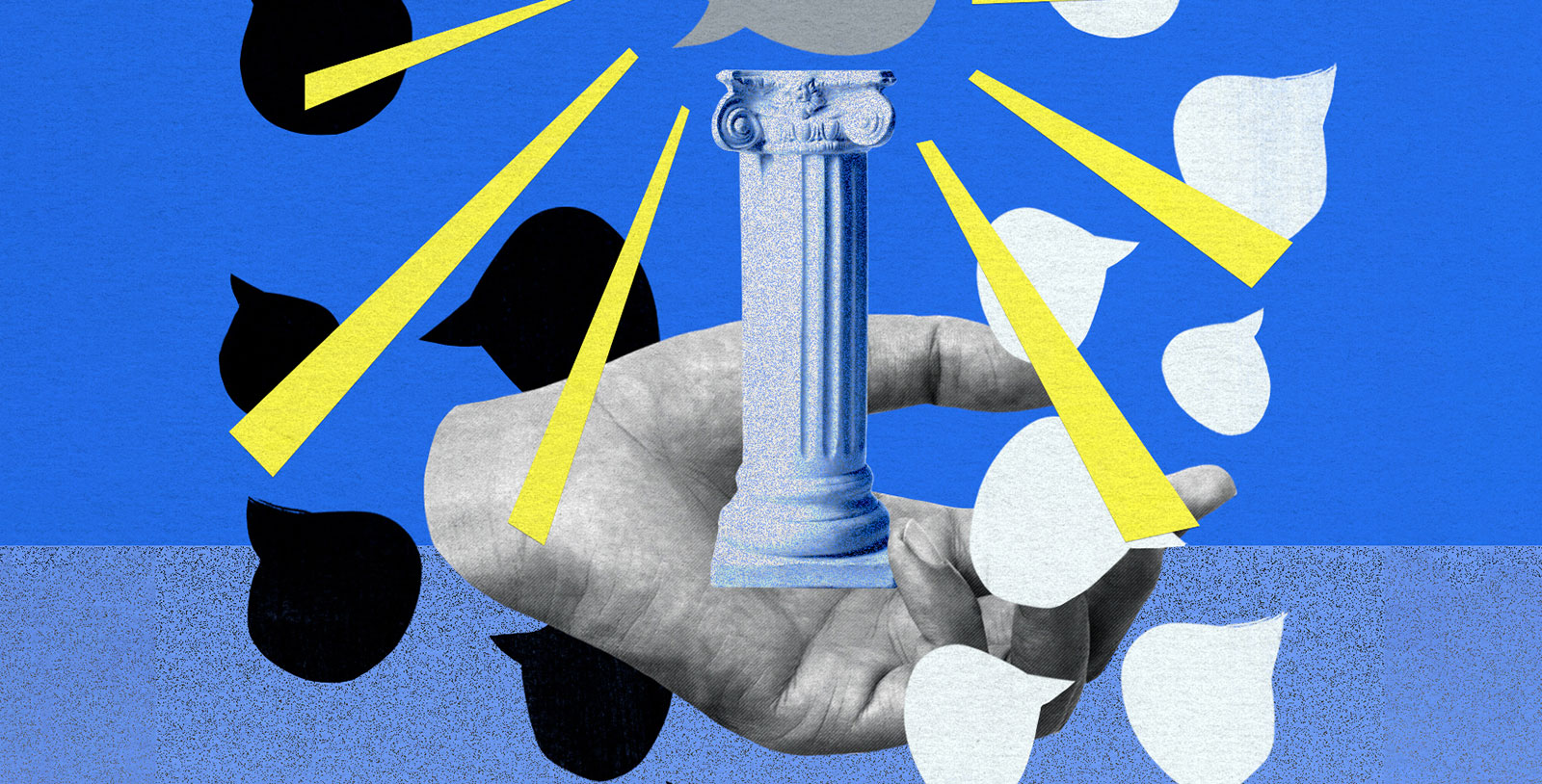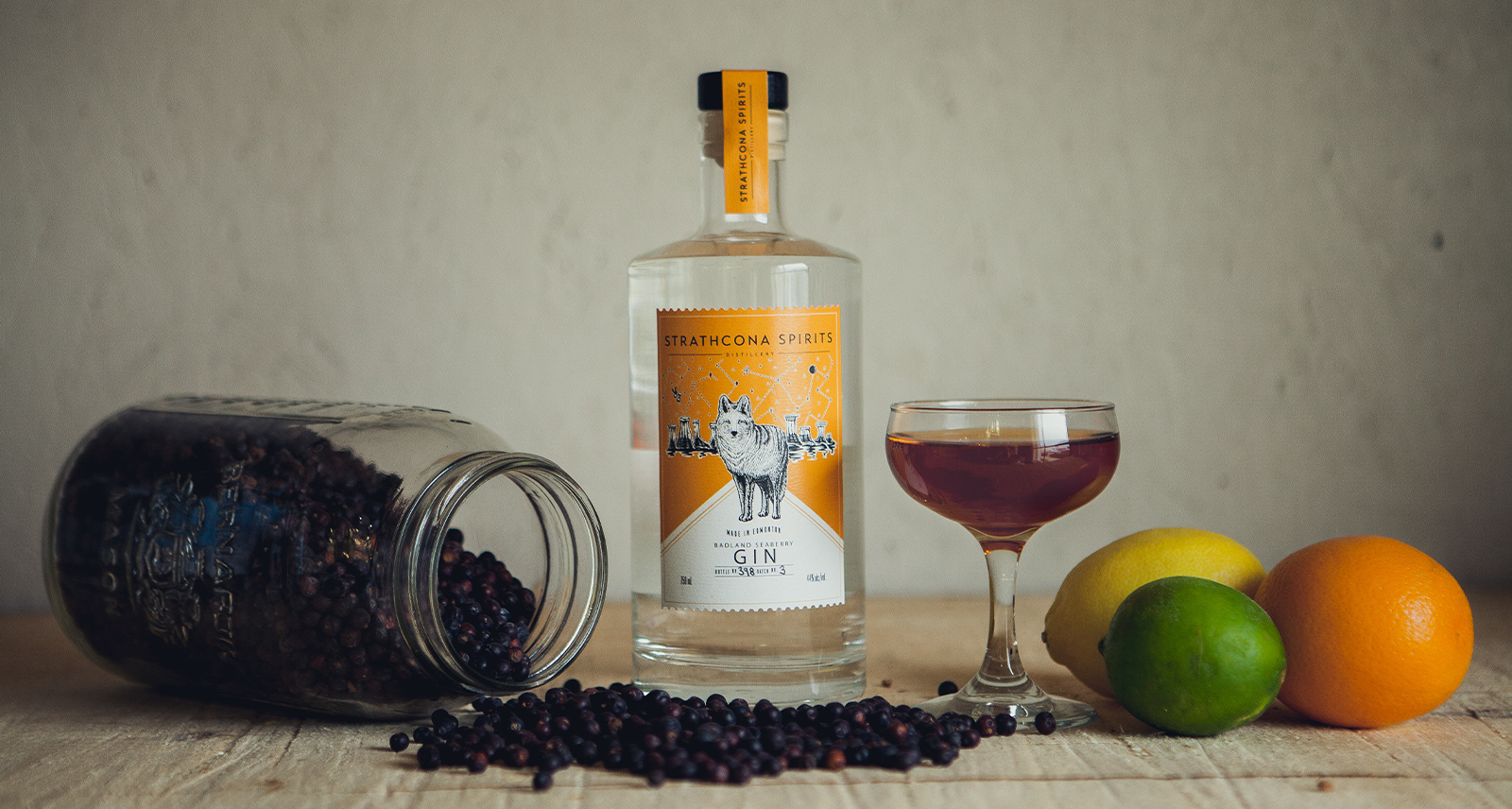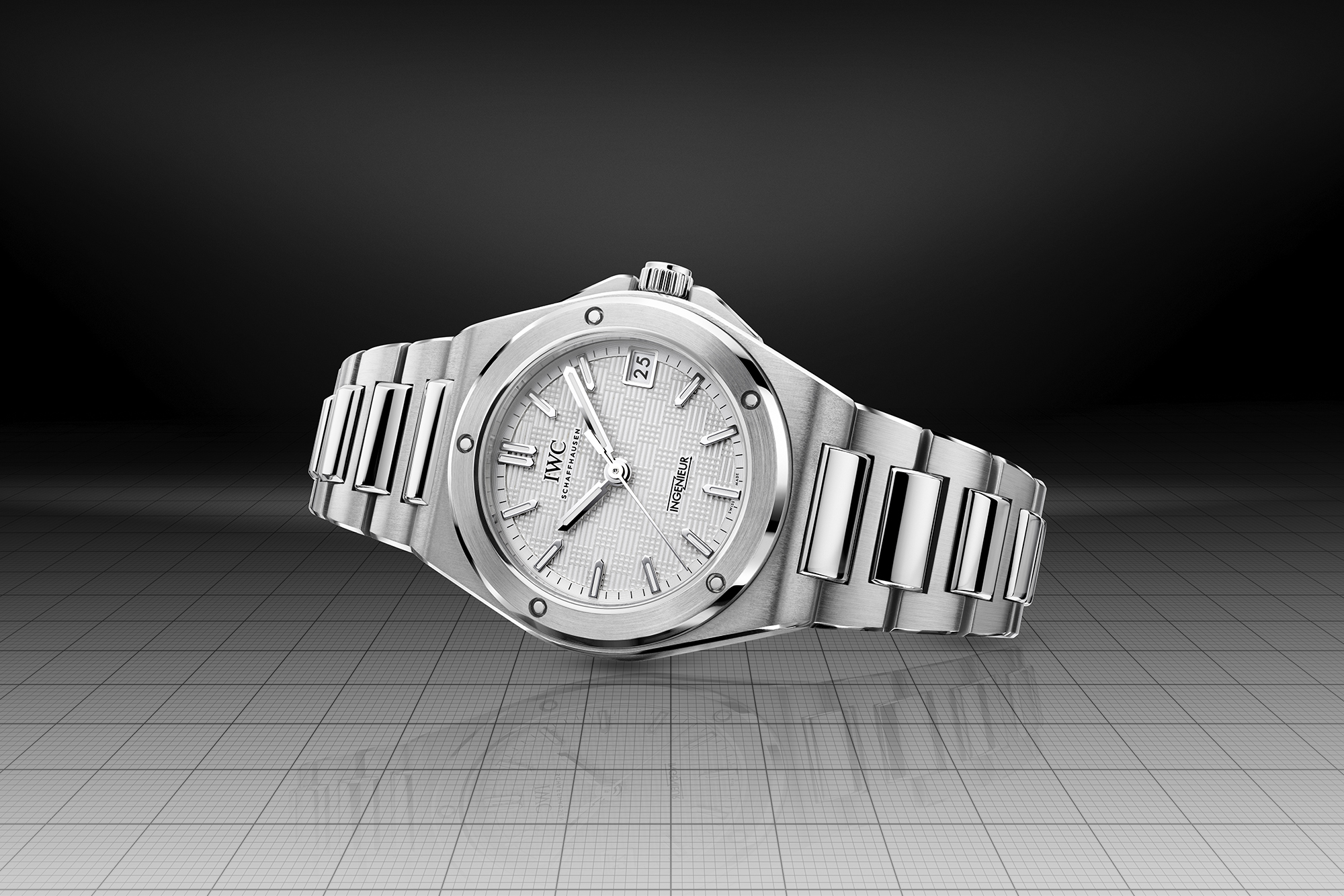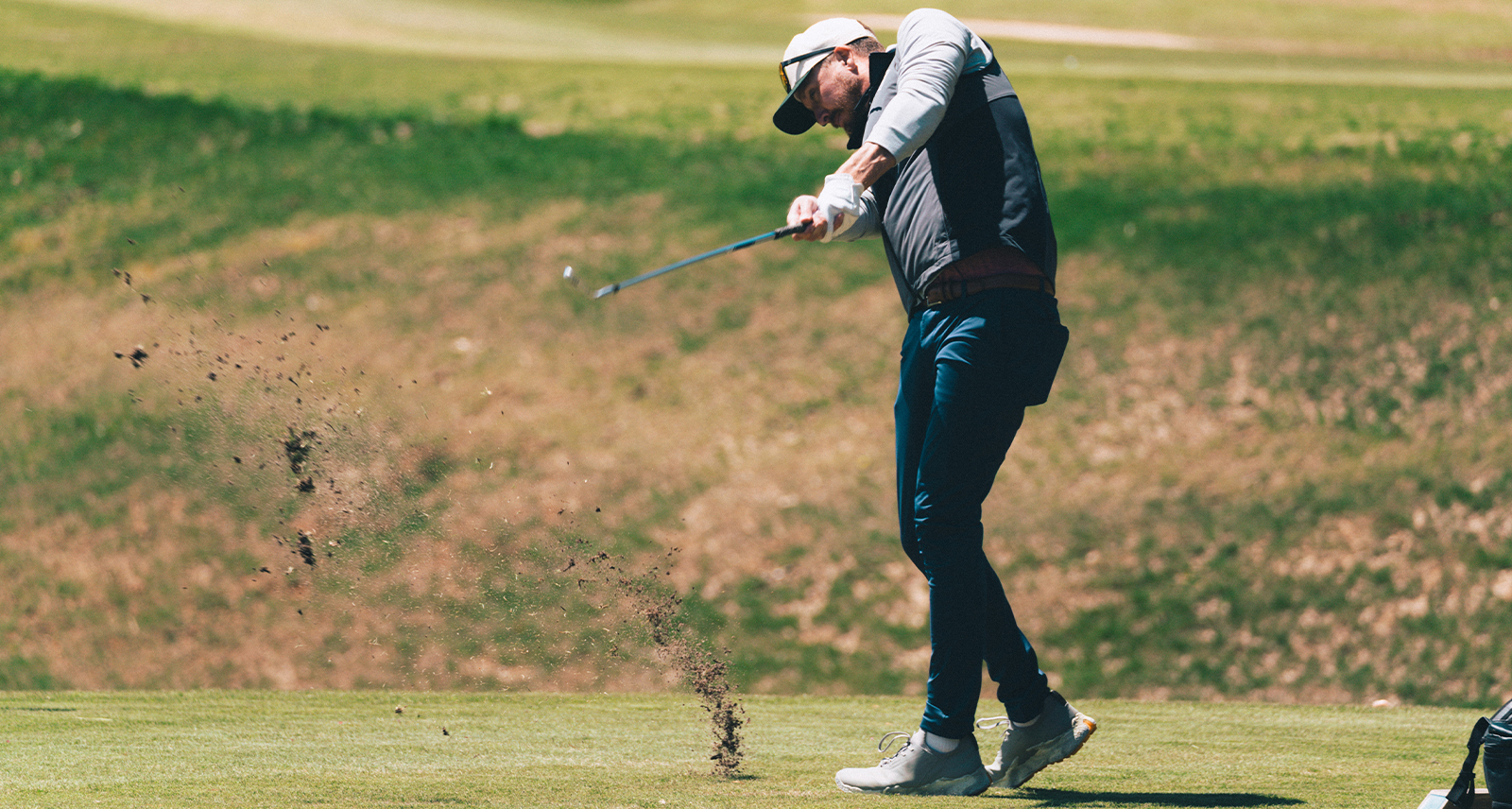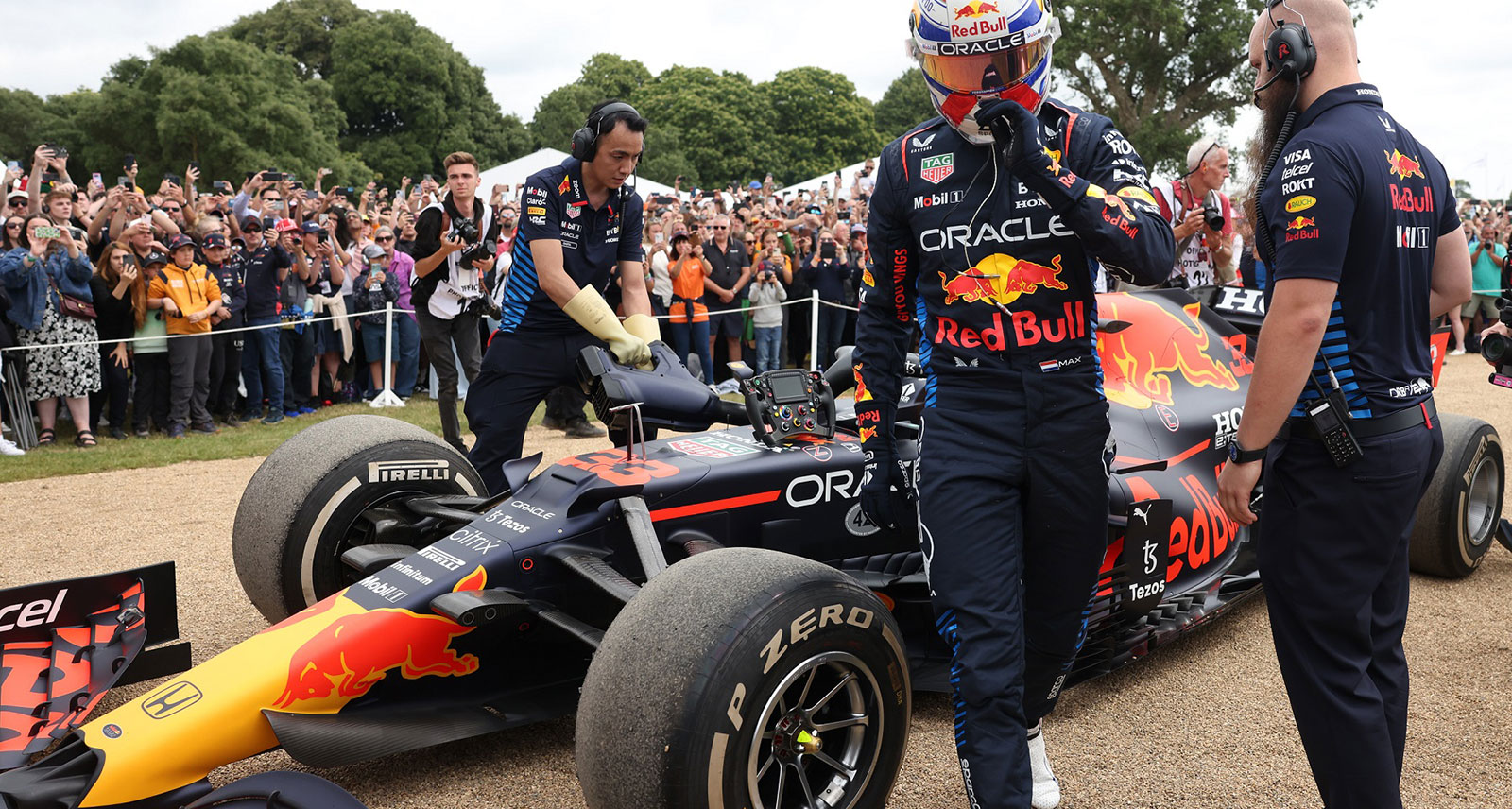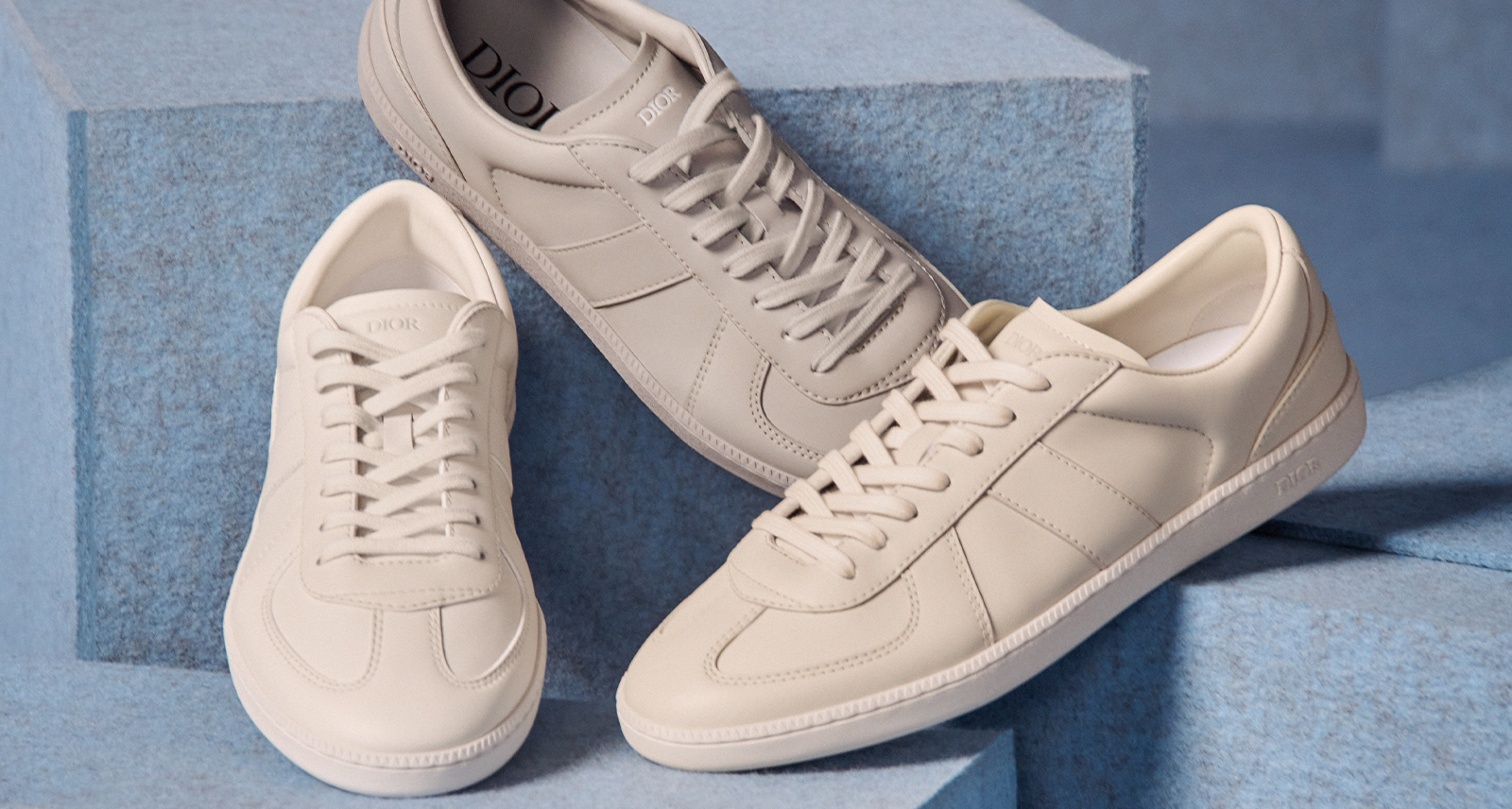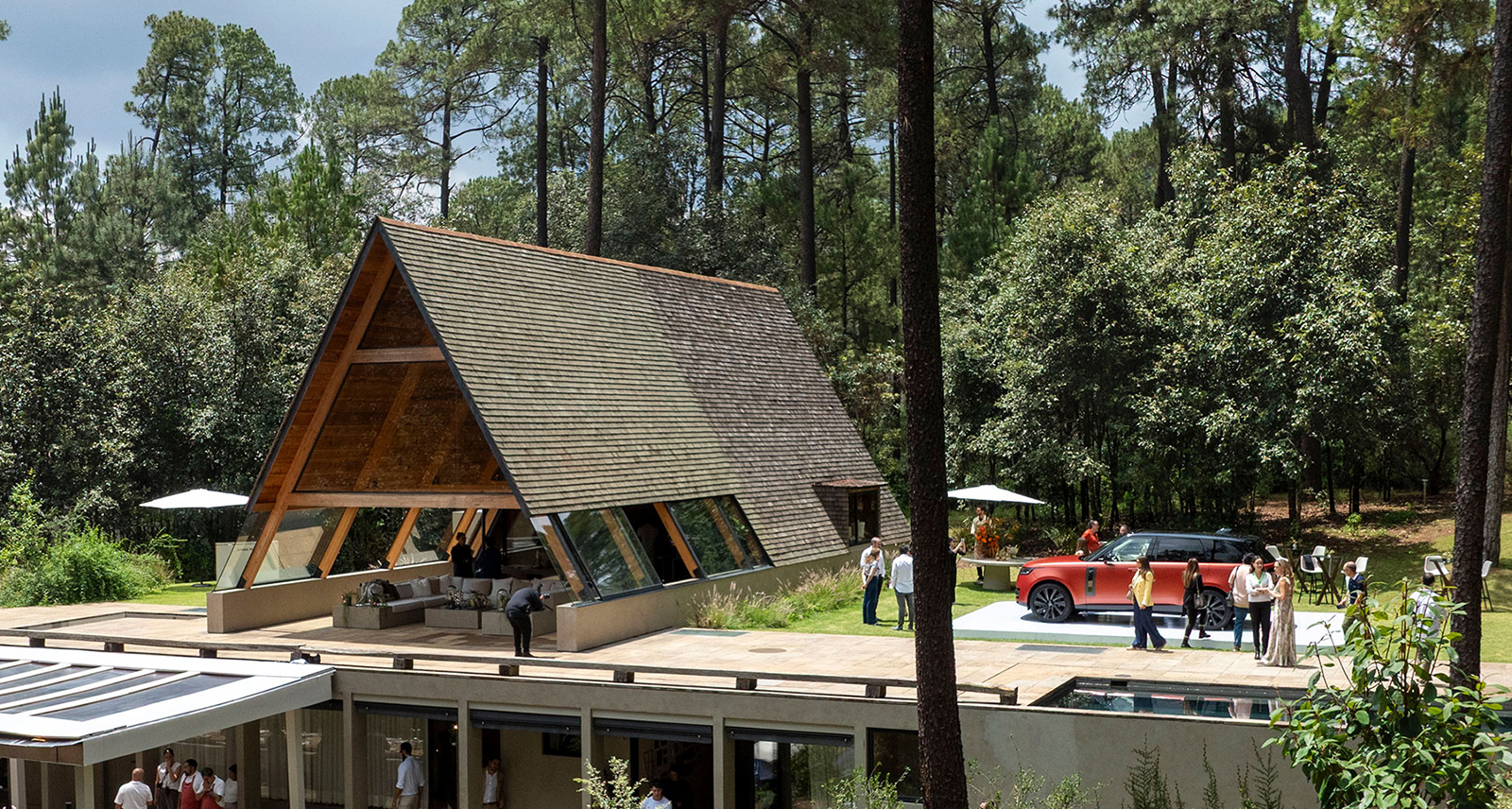The Many Merits of Ambivalence
It took a pair of minced-meat kebab skewers at an airport hotel in Istanbul for me to break almost nine years of vegetarianism. Since the beginning of this decade I had resisted eating meat, due to my strong belief in animal rights and climate change as the defining ethical issues of the century. Yet in that early April afternoon, after a three-month working trip in Asia with its share of long hours, late-departing flights, and missed connections, the richness of that kebab dish captured everything my tired and jet-lagged body needed. I was on my way to Cairo after a long flight from Hong Kong but, frustratingly, missed the connection in Istanbul by a few minutes. It was the final straw. The ethical superiority that came from identifying as a vegetarian — even if I ate seafood from time to time and refused to call myself pescatarian — vanished with that second visit to the buffet.
I immediately began to rationalize my sudden change of diet. For the previous few years, my iron levels had reached an all-time low, and B12 supplements and various vitamin pills failed to boost my energy or mood. I needed to get protein and iron in as pure a form as possible, I convinced myself, or I wasn’t going to survive a month in the Middle East. My fall from vegetarian grace was sudden and unrelenting. I haven’t looked back since.
In that moment in Istanbul, I made a decision that was right for me but not ideal for animal welfare or the environment, given the connection between the livestock industry and a host of factors in the climate-change mix (deforestation, greenhouse gases, fertilizers). And yet I know that my belief in both causes remains unshakable.
Am I a hypocrite if I eat meat and still donate to the local animal shelter? What about travel? Can I continue to report from different parts of the world and feel guilty over the toll of my carbon footprint on the environment? The most honest answer is that I feel ambivalent about virtually all of this and I am, finally, good with that uncertainty.
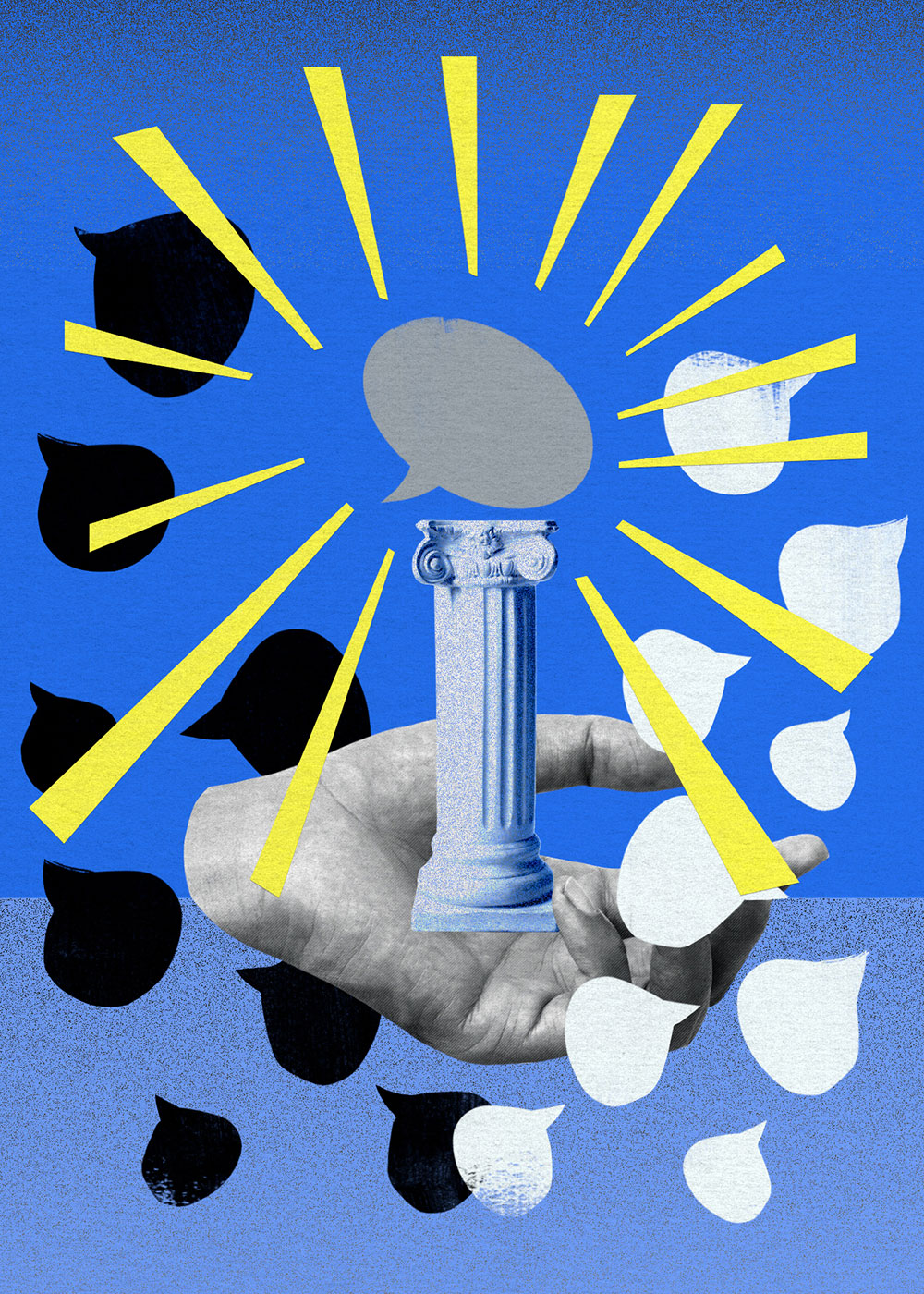
Illustration by Franziska Barczyk
Ambivalence has occupied philosophers for centuries and yet, perhaps suitably, it remains a quandary. In Ambivalence: A Philosophical Exploration, Israeli thinker Hili Razinsky describes it as a “unitary tension-fraught attitude toward something or someone.” Ambivalence encompasses the seemingly irreconcilable: loving and hating someone; fearing and eagerly anticipating something. It suggests paralysis because it relies on overthinking and hints at irrationality in the sense of holding two contradictory ideas to be true. And yet in some form or another, Razinsky writes, “ambivalence is always part of the game of life.”
Voltaire’s famous “Uncertainty is an uncomfortable position, but certainty is absurd” may be an often- repeated axiom, but history has favoured those whose ideas sound definitive and whose personalities betray little or no doubt. We expect it from our parents, our politicians and our managers. What do we want? Moral certitude! When do we want it? All the time! But while many of us aim for the ideal, our lives are more likely to unfold against the possible, the murky, and the undecided.
Intellectual honesty demands an ambivalent starting point. Whether we’re reacting to a work of art or the new partner of an old friend, it’s perfectly fine to have unsettled feelings. Two of this year’s most talked-about films, Joker and Once Upon a Time… in Hollywood, traded in mixed messaging and ambiguity to great effect (and box office success). In a viral 2013 essay and a more recent podcast, Dublin- based writer Mark O’Connell made a convincing case for ambivalence as a “creative and fertile way of encountering the world.” At a time when friends and millions of strangers on social media exchange moral absolutes, I take some comfort in my ambivalence on a host of issues, from my change of diet to the future of liberal democracies.
Ambivalence may even be an act of defiance, as it requires a longer ride in the unfashionably slow middle lane. We live at a historical moment when the left and right love using the political and social centre as a punching bag. You see it in the Democratic primaries in the United States, where more centrist candidates like Beto O’Rourke struggle to find a footing between the party’s left (Bernie Sanders and Elizabeth Warren) and right (Kamala Harris and Joe Biden). On a federal level in Canada, our politics have reached that polarized point where the long-term survival of the liberal centre seems in doubt, even if the party that best represents it squeaked in with a minority in this year’s federal election.
No party leader knows the political utility of ambivalence better than Justin Trudeau, a politician for whom holding two opposing ideas has become a signature style. He bought a $4.5-billion Trans Mountain Pipeline that perpetuates the damaging effects of extractive energy while also staking his re-election campaign on the effectiveness of carbon taxes to address climate change. Under his watch, Canada has continued to supply arms to Saudi Arabia while also placing among the top-ranking Western countries to provide aid to my birth place of Yemen — a country in the grip of the world’s worst humanitarian crisis, according to the UN, after a Saudi-led coalition launched a war there in 2015. Still, Trudeau’s party was elected this October despite many people’s ambivalence about his being at its helm.
It follows, therefore, that part of me is ambivalent about ambivalence itself. I worry that it will lead to self-deception and to fooling ourselves into thinking that hesitation and a failure to act give us a certain moral leverage or claim to wisdom. I don’t rule out that my celebration of ambivalence and support of the centre is not some kind of a crutch, a middle-aged man’s pacifier or a rhetorical sleight of hand.
I’m not advocating moral equivalency or equivocation. I maintain strong negative feelings about the damage of racism and misogyny and the urgency of climate action, for example. My ambivalence lies somewhere deeper, in that space where I make decisions that feel right for the present moment but which may have long and unfortunate consequences. My return to eating meat falls firmly under that category. But so does indulging in some fast-fashion purchases when I’m low on funds or taking long showers when I know how precious water can be. As hard as I try to live more conscientiously, I find myself making choices that are either short-termed or short-sighted.
As this turbulent decade comes to an end, I wish for a new one in which questioning, hesitating, and analyzing are not seen as signs of intellectual inertia but as necessary and urgent mental actions. Whether that’s viewed as ambivalent or contradictory, the wishes of a wise man or a weasel, the honest truth is: I just don’t know.
